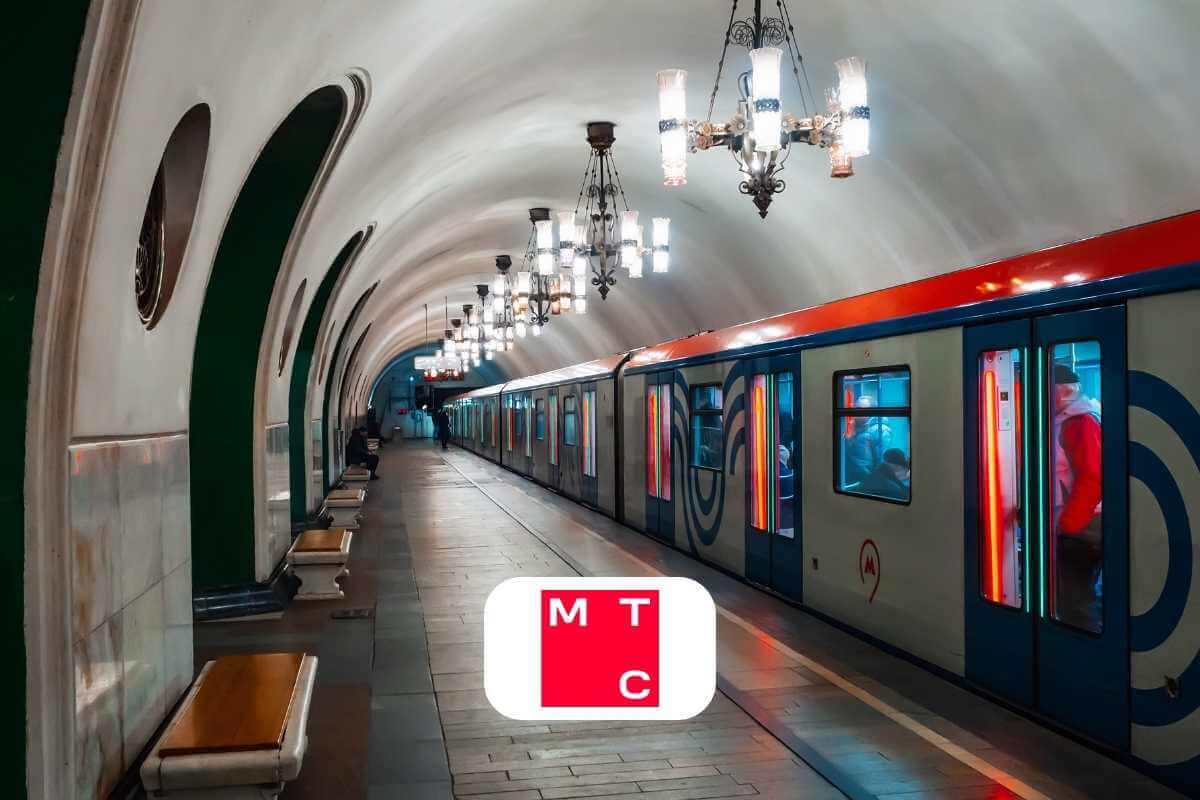
Russian operator MTS (Mobile TeleSystems) has completed a crucial stage of upgrading its mobile network in the Moscow Metro, resulting in a 40 percent year-on-year increase in the average internet speed on the MTS Network in December, accompanied by a one-third growth in data traffic volume. In an official release on Friday, MTS stated that it has ensured continuous coverage of high-speed mobile internet in tunnels, lobbies, and crossings on all lines and metro stations.
Also Read: MTS Tests XGS-PON Technology in Moscow for Planned Rollout
Network Modernisation
According to MTS, the network modernisation involved the phased laying of radiating cable in tunnels within the MTS area of responsibility and the installation of new equipment. Following the two-year upgrade, MTS increased the length of its radiating cable to almost 200 km by the end of 2023 and installed about 700 additional base station blocks. This expansion included 14 new metro stations opened this year on the Bolshaya Ring, Solntsevskaya, and Lublinsko-Dmitrovskaya lines, as reported by the company.
Enabled Carrier Aggregation
MTS noted that, to achieve maximum data transfer rates, it enabled Carrier Aggregation (CA) by combining all LTE frequency bands, including 800/1800/2100/2600 MHz. This resulted in maximum data transfer speeds of up to 500 Mbps at stations and up to 250 Mbps in tunnels.
Also Read: Rostelecom Expands 4G Coverage Across Multiple Regions to Reduce Digital Inequality
"About 2.8 million of our subscribers use mobile Internet in the Moscow metro every day. For them, access to the Internet means the opportunity to spend time on the road with benefit: reading news or a book, exchanging information, paying for purchases, listening to music, and even watching movies in high quality. Our users are actively taking advantage of these opportunities," said MTS.
Future Expansion
The telco further stated, "According to our forecasts, traffic will continue to grow both due to Internet consumption and due to the development of the subway itself. We follow plans to expand the transport infrastructure, and in 2024, we set ourselves the task of ensuring the connection of the new Troitskaya line station, as well as optimising the existing network in certain sections, which will require non-standard solutions."
Also Read: Tele2 Russia Completes Network Modernisation in Moscow Metro
Surge in Data Traffic Volumes
The Russian operator also shared insights into the data traffic volume, noting that in December 2023, the weekly data traffic volume in the MTS Network in the Moscow subway reached a historical volume of 1100 TB. This exceeds the weekly Internet traffic in cities with a population of a million, such as Voronezh or Nizhny Novgorod, and even entire regions, for example, Smolensk, Kursk, or Lipetsk regions.
With the increased expansion and modernisation of infrastructure, voice traffic has also improved, with voice traffic using VoLTE (Voice over LTE) increasing by almost 60 percent in 2023, MTS said.















